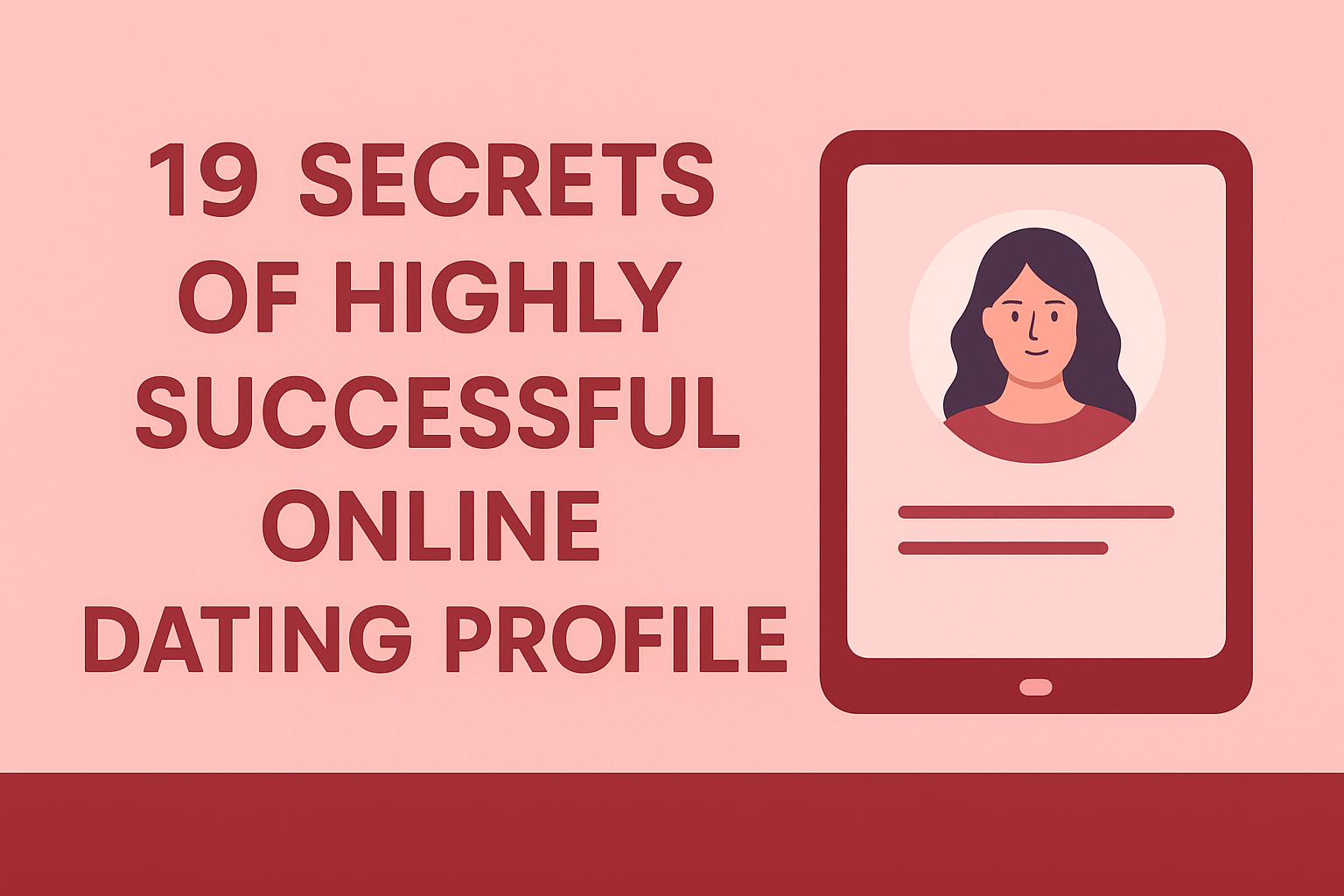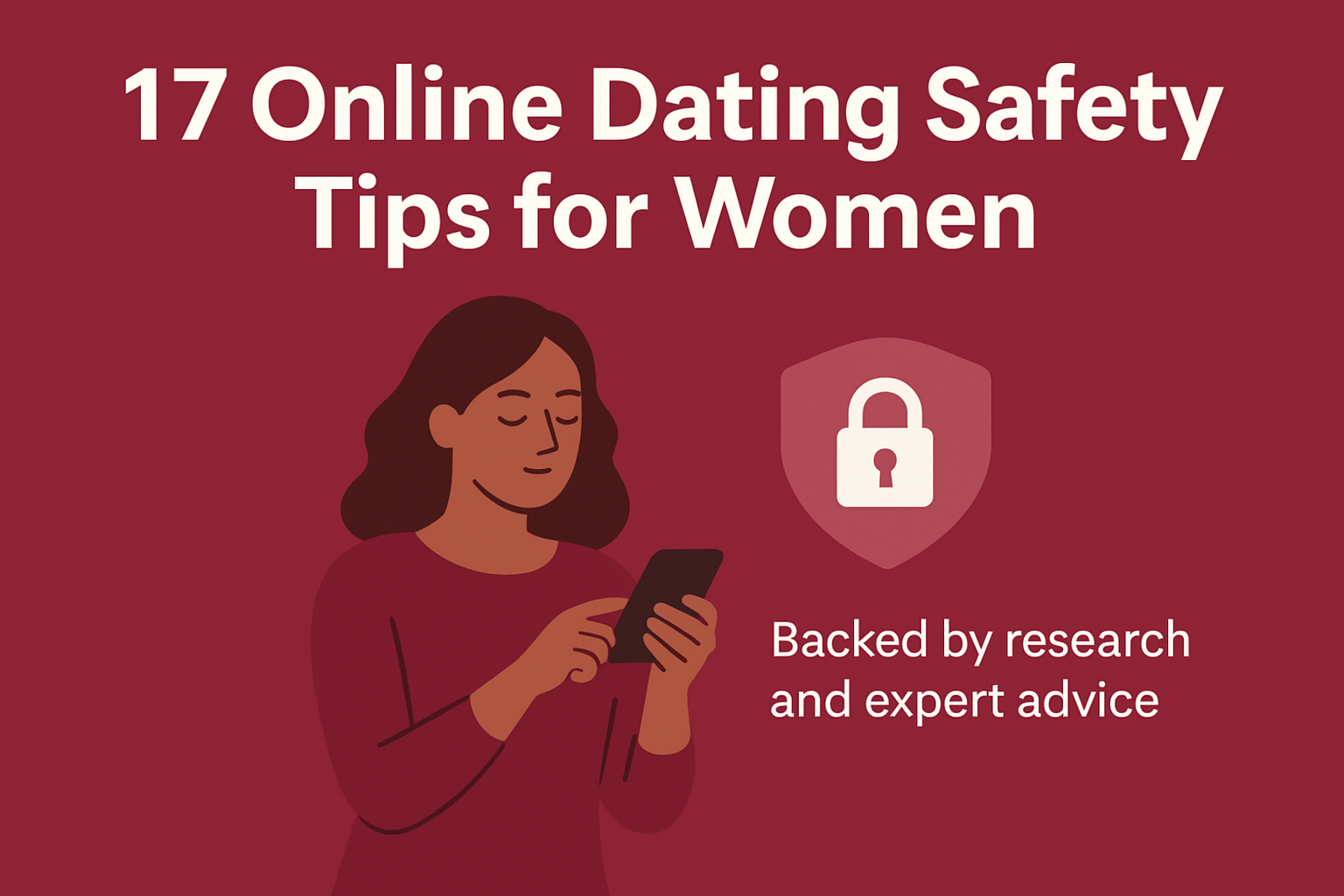Catfishing on dating apps is chaotic, and sometimes… straight-up weird. One minute you’re vibing with someone who totally gets your humor, and the next you’re wondering why their “camera’s broken” for the third week in a row. Yep, welcome to the wild world of catfishing, where love, lies, and a Wi-Fi connection collide.
Let’s be real: catfishing isn’t new, but the game has changed big time. Between filters, AI tools, and dating apps popping up faster than new relationship labels (seriously, what even is a “sneaky link”?), it’s gotten way sneakier. The line between real and fake is blurrier than ever.
Still, it’s not all bad news. You can enjoy online dating safely and keep things fun. No need to become a full-time detective or background check expert. You just need the right mix of awareness, humor, and common sense.
What Even Is Catfishing?
Catfishing happens when someone pretends to be another person online. Usually, to scam, manipulate, or emotionally mess with others. Think fake photos, fake names, fake lives.
Sometimes they’re bored and looking for attention. Other times, it’s all about money or control. Either way, it’s deception, and it sucks.
The main catfish species (yep, we’re calling them that):
- The Romantic Faker – Sweet texts, flirty DMs, “good morning, beautiful” every day… but they never meet up.
- The Scammer – Gains your trust, then hits you with “I just need a little help till payday.” Bye.
- The Identity Thief – Uses fake photos and info to collect your data or open accounts.
- The Emotional Manipulator – Doesn’t ask for money but feeds off your attention and emotional energy. Think endless venting and love-bombing.
- The Clout Chaser – Pretends to like you just to get followers, engagement, or free promo. They’ll vanish once your story views stop benefiting them.
- The AI Avatar – The newest breed. Uses AI-generated selfies and auto-replies that sound a little too perfect. They’ll keep chatting forever, but something always feels… off.
- The Ghostbuilder – Starts out strong, flirts hard, builds a fantasy relationship, then vanishes mid-sentence like a magician. No closure, no explanation, just gone.
Even the savviest daters can get fooled. Why? Because the best catfish know how to play on your hopes and emotions.
Why Catfishing’s Worse (and Smarter) Today
Here’s the thing: online dating used to be a bit simpler. You swiped, you chatted, you met up. Now? We’ve got AI-generated faces, deepfake videos, and people building entire identities using social media photos that aren’t even theirs.
And honestly, loneliness makes it worse. People crave connection, especially after years of social media-driven isolation. That’s what makes catfish thrive. They give attention, validation, and affection in ways that feel real… until the lies surface.
But don’t panic. The same tech that created the problem can help fix it. Reverse image searches, verified dating profiles, and quick video calls can save you hours of heartbreak.
Red Flags You Might Be Dealing with a Catfish
Let’s break it down. If more than a couple of these sound familiar, it’s time to take a step back:
- They never video call. “My camera’s broken,” “I’m shy,” “I don’t look good on video.” Heard it all before.
- Too good to be true. Perfect abs, perfect job, perfect story. If they sound like ChatGPT wrote them, run.
- Stories don’t add up. One day they live in Dubai, the next in London? Yeah, no.
- Love bombs you fast. “You’re my soulmate,” after two days? Slow down, Romeo.
- They ask for money. Doesn’t matter the reason, hospital bill, flight ticket, or sick relative, don’t do it.
- They avoid meeting. Always an excuse. Always “next week.”
Pro tip: real people want to meet (eventually). Catfish don’t; they just want to keep the fantasy alive.
How to Outsmart a Catfish (Without Killing the Vibe)
You don’t have to become a paranoid detective to stay safe. You just have to be smart:
- Do a photo check – Use Google Images or TinEye. If their face pops up with a different name, you’ve got your answer.
- Ask for a quick video chat – Doesn’t need to be fancy. A two-minute FaceTime can tell you more than 100 messages.
- Stalk (ethically) – Check if their social media presence looks consistent. Old posts, tagged friends, and comments are green flags.
- Don’t overshare – Keep your address, financial info, and even workplace private until you actually know them.
- Trust your gut – That tiny “hmm” feeling? Don’t ignore it. Instincts > heart eyes emoji.
- Report suspicious profiles – Most dating apps have quick report tools. Use them, it helps others too.
Bonus tip: always plan your first meetup in a public place and tell a friend where you’re going. Yes, it feels overcautious, but better safe than ghosted and scammed.
Tools That Actually Help (Not Just Theoretical Stuff)
You don’t need to be tech-savvy to protect yourself. These simple tools can help keep things real:
- Reverse image search: Google Images or TinEye. Quick, easy, free.
- Social verification: Hinge and Bumble offer blue checkmarks for verified profiles. Always a plus.
- Background check apps: BeenVerified, Social Catfish, or TruthFinder can help confirm identities.
- Video-first apps: Platforms like Snack or Iris encourage quick video intros to cut down on fakes.
No shame in doing your homework. Everyone checks receipts now.
Why People Still Fall for Catfish (Even Smart Ones)
Because they’re not dumb, they’re hopeful. Anyone can fall for a catfish. It’s not about intelligence, it’s about emotion. Catfish prey on basic human needs: connection, validation, and curiosity.
When you’ve been scrolling through endless “hey” messages and dry bios, meeting someone who actually listens, compliments you, and seems to understand your humor feels like finding a rare gem.
Add in loneliness or a rough breakup, and suddenly, that too-perfect match feels like a lifeline. Catfish are experts at mirroring you. Your hobbies, your slang, even your texting style. They study your energy and reflect it back, creating that intoxicating sense of “wow, they get me.” It’s emotional chemistry, but fake.
Then there’s the dopamine trap. Every ping, every match, every “thinking of you” triggers your brain’s reward system. You start associating their messages with happiness. Before long, logic takes a back seat, and you’re deep in digital attachment mode. It’s not stupidity, it’s literally neuroscience.
And let’s be honest, modern dating doesn’t make it easier. Between curated Instagram lives and AI-polished selfies, authenticity is harder to spot. People crave something real, and catfish know exactly how to serve that illusion.
But here’s the thing, real love doesn’t need excuses or delays. It doesn’t hide behind “bad Wi-Fi,” “no signal,” or “my phone’s broken again.” If someone truly wants to connect, they’ll make it happen.
So don’t beat yourself up if you’ve fallen for a fake before. Just learn the patterns, trust your gut, and remember that genuine connection doesn’t play hide-and-seek.
Conclusion: Catfishing on Dating Apps
Catfishing is real. It’s messy. It’s heartbreaking. But it doesn’t mean you should give up on online dating altogether. The trick is balance, stay open, but stay smart.
Use the tools. Ask questions. Trust your gut. Laugh off the weird ones, and celebrate the genuine ones.
Because yes, real connections do happen online every day. You just need to filter through the noise and dodge a few catfish to find them.
So go ahead, swipe, flirt, have fun. Just keep one eye on your heart, and the other on that video call request.
FAQS- Catfishing on Dating Apps
1. What exactly is catfishing on dating apps?
Catfishing on dating apps happens when someone creates a fake identity to deceive others. They might use stolen photos, fake names, or a fabricated life story to achieve their goals. Sometimes it’s about loneliness, other times it’s pure manipulation. Either way, it’s deception wrapped in charm.
2. How can I tell if someone is catfishing me?
Watch out for red flags: they avoid video calls, their stories change, or their photos look like they belong on a stock image site. If they fall for you way too fast or constantly dodge meeting in person, hit pause. A quick Google reverse image search or social media check usually exposes the fakes.
3. What should I do if I think I’m being catfished?
Stop sharing personal info, especially anything about your location, work, or finances. Save screenshots of your conversations just in case. Then, ask for a quick video chat. If they still dodge it, block and report them immediately. If money was involved, contact your bank and local authorities to report the scam.
4. Can catfishing be a crime?
Yes. If someone steals your identity, scams you for money, or threatens you using false information, that’s illegal. While emotional manipulation alone might not be a crime, financial and identity fraud are. You can file a report with cybercrime units or local law enforcement.
5. Why do people catfish others?
Motives vary. Some are lonely and want attention; others want money, revenge, or power. Many hide behind fake profiles because they’re insecure about their real selves. But regardless of why, catfishing always involves lying, and it always causes harm.
6. How can I protect myself from catfish in the future?
Verify early. Use video calls, check social accounts, and don’t share private details too soon. Meet in public spaces for the first few dates, tell a friend where you’re going, and most importantly, trust your gut. If something feels off, it probably is.
7. What if I’ve already fallen for a catfish?
You’re not stupid, you’re human. Catfish are skilled manipulators who use emotional tactics to build trust. If it’s happened to you, cut off contact immediately and secure your personal accounts. Then, talk it out with someone you trust. Healing takes time, but it also builds emotional resilience and sharper instincts.
8. Are dating apps doing anything to stop catfishing?
Yes, though there’s still work to do. Apps like Bumble, Hinge, and Tinder use selfie verification and AI scanning tools to weed out fakes. They also let users report suspicious behavior easily. Still, no system is perfect. Technology helps, but your intuition is your strongest defense.
9. Can catfishing ever be harmless?
Technically, no. Even if someone claims it’s “just for fun” or “a harmless lie,” it’s still deception that can hurt feelings and break trust. Online dating is built on honesty and consent; take that away, and it’s not a fair game anymore.
Read also some articles from our blog below.
Dating App for Single Parents.
Signs a Dating App isn’t for you.
Types of Dating Apps in the Market Today
Ways to use social media to find love
Mistakes people make when choosing a dating App
Find love in Networking events




